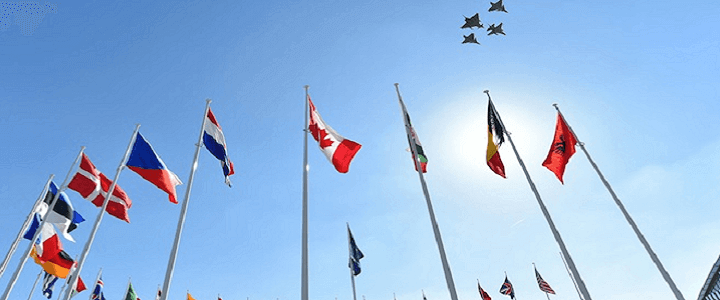Work in or around government for any length of time and you’ll undoubtedly be immersed in the alphabet soup of acronyms, abbreviations, and jargon that has developed over decades to describe the “who, what, where, why, and how” of federal agency operations. Add in some military service and you’re well on your way to being fluent in government-speak.
Security clearances and classified information procedures are certainly part of that government vernacular: Are you cleared for SCI?; Is that document “NOFORN”?; Do you work in a SCIF?
It all sounds super special agent-ish and cool until you actually start doing the work and realize that a significant amount of the information the government deems classified is of questionable value to foreign adversaries and, in many cases, the product of blatant over-classification or paranoia.
Nowhere is the disconnect between the moniker and the actual information at issue more significant than with information classified Top Secret by or for the North Atlantic Treaty Organization, commonly called NATO. The designator for NATO Top Secret information – “COSMIC” – is so Hollywood-ready that one might be forgiven for assuming it was invented by James Bond creator Ian Fleming himself. Dare I say that it is “out of this world”?
NATO and Classification
What many clearance holders do not realize is that NATO itself is not responsible for conducting security clearance background investigations or granting access to NATO classified information. Those tasks it delegates to its member countries, including the United States. Since NATO is a defense alliance, that means that the U.S. Department of Defense is responsible for the background investigations and adjudications of all U.S. persons being considered for access to NATO classified information. The policies and procedures involved are identical for anyone seeking access to U.S. classified information, and the same adjudicative criteria apply.
None of this is to say that work on NATO projects isn’t exciting, meaningful, and a great way to contribute to the peace and prosperity of the western world. Indeed, NATO is a vitally important alliance and one that is getting renewed attention these days as a result of presidential prodding of our partner countries to ensure they are paying their fare share of the alliance’s budget.
It is, however, worth pointing out that the vast majority of classified work – even that named with an adrenaline-inducing moniker like “COSMIC” – doesn’t involve jumping out of airplanes, infiltrating behind enemy lines, or running covert operatives in hostile territory. That doesn’t make the work any less important; it just means that if you think of yourself for a moment as John Krasinski, you’re more apt to experience daily life as the Jim Halpert version than you are as Jack Ryan. But hey – what your friends outside of government don’t know doesn’t hurt them.
This article is intended as general information only and should not be construed as legal advice. Consult an attorney regarding your specific situation.




